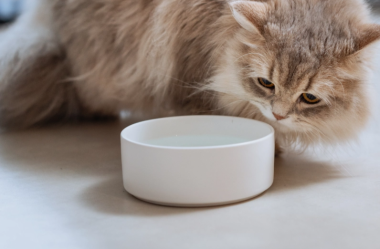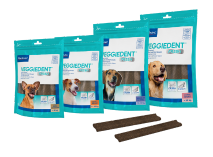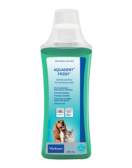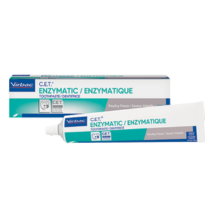Discover
Addressing and freshening bad breath
Maintaining your dog or cat’s dental hygiene is key to preventing issues like tartar build-up and bad breath. Learn about the common causes and potential health risks behind unpleasant pet breath.
Discover
Maintaining your dog or cat’s dental hygiene is key to preventing issues like tartar build-up and bad breath. Learn about the common causes and potential health risks behind unpleasant pet breath.
Whether it has been an ongoing issue or you have just
recently noticed it, your pet’s bad breath might be a sign
of an underlying condition. Identifying the causes is the first
step toward getting rid of your pet’s bad breath.
Some causes could be:
While the cause of your pet’s bad breath can vary, there are many effective ways to help improve it.
Once any underlying issues are addressed and a consistent oral hygiene routine is in place, you’ll notice your pet’s breath becoming noticeably fresher.
Despite the numerous options to treat your pet’s smelly breath, most of the time, prevention is better than cure. As there are many solutions to treat a smelly breath, here are 3 ways to help you to act before it even occurs.
Veggiedent® FR3SH™ Dental Chews offer a healthy solution in removing plaque and tartar to help keep your pet’s breath fresh.
A dental solution which helps maintain fresh breath as well as supporting healthy teeth and gums by controlling plaque in dog's and cat's.
Available in 250 ml bottles.
Dual-Enzyme system toothpaste helps prevent the build-up of dental plaque and tartar.






